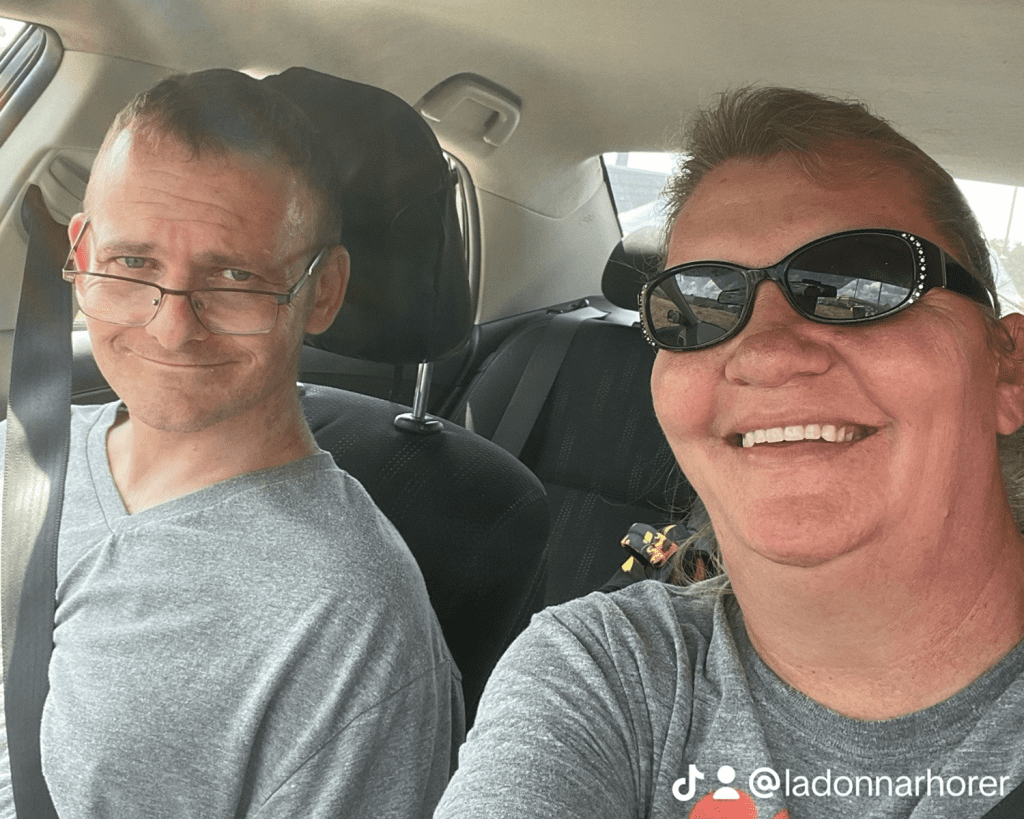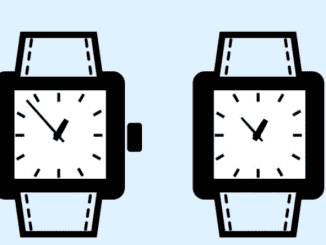In a truly extraordinary and unsettling case, a Kentucky man who had been declared brain dead reportedly woke up moments before his organs were set to be harvested for donation. The incident, which took place in October 2021, has sparked investigations and raised profound ethical concerns about the safety and reliability of organ donation procedures. This story not only highlights the incredible resilience of the human body but also questions the processes that lead to life-and-death decisions in medical settings.
The Startling Turn of Events

Thomas “T.J.” Hoover, a 36-year-old man from Kentucky, was brought to Baptist Health Richmond Hospital in critical condition after suffering from a drug overdose. After undergoing various medical evaluations, doctors declared Hoover brain dead, a condition often regarded as irreversible. With his family’s consent, medical staff began preparations to harvest Hoover’s organs, following what they believed was a medically justified diagnosis of brain death.
However, the situation took a shocking turn when Hoover began to exhibit signs of life right on the operating table, just moments before his organs were to be removed. According to NPR, this unbelievable moment changed the course of the procedure and sent shockwaves through the medical team involved.
The Moment of Awareness
During the initial procedure to check Hoover’s heart, which is a standard step before harvesting organs, something unexpected happened. Nyckoletta Martin, a former employee of the Kentucky Organ Donor Affiliates (KODA), witnessed the chilling moment when Hoover began “thrashing around on the table.” Martin claimed that doctors allegedly sedated him and continued with the procedure despite these alarming signs of responsiveness.
As preparations moved forward and the organ removal process was about to begin, the situation reportedly escalated. Natasha Miller, another former KODA employee, recalled seeing Hoover moving and crying. This was no reflex—it was a clear sign that the patient was, in fact, conscious.
Hoover’s Family and the Unanswered Questions
Hoover’s family had already been involved in the decision-making process leading up to the organ donation. His sister, Donna Rhorer, reported that she had become concerned when Hoover appeared to open his eyes as he was being wheeled from the Intensive Care Unit to the operating room. However, medical staff assured the family that these movements were nothing more than reflexes and not a sign of consciousness.
The confusion and chaos that unfolded in the operating room left both the family and medical staff in shock. It wasn’t until Hoover’s movements became undeniably intentional—moving, crying, and seemingly pleading—that the transplant was halted. His sister later described the moment as Hoover’s last-ditch attempt to communicate that he was still alive: “It was like it was his way of letting us know, you know, ‘Hey, I’m still here.’”
The Ethical Implications and Controversy
This incident has opened up a wider debate about the procedures and safeguards in place when determining brain death and proceeding with organ donation. Miller alleged that a KODA supervisor initially pushed for the procedure to continue, even telling the staff to “find another doctor” after Hoover showed clear signs of life. Fortunately, the medical team did eventually stop the transplant, but not without internal strife and moral dilemmas.
🚨 Shocking Medical Revelation in Kentucky!
— X Analyst (@topic_flow) October 18, 2024
A man declared dead and on the brink of organ donation at a Kentucky hospital was found to be very much alive, just moments before his organs were to be harvested. 🏥✋
– The Incident: TJ Hoover II, after a drug overdose, was… pic.twitter.com/hPm6iY6lEG
Several KODA employees resigned in the aftermath of this ordeal, as the unsettling nature of the events cast a shadow over the organ donation process. Martin, who has spent her career advocating for organ donation, expressed deep concern about how this situation was handled. In her words, “That’s everybody’s worst nightmare, right? Being alive during surgery and knowing that someone is going to cut you open and take your body parts out? That’s horrifying.”
Martin has since become a whistleblower, submitting her account of the incident to the House Energy and Commerce Committee, calling for stronger safeguards in organ donation practices. Her testimony highlights the need for clearer protocols and better protections for potential organ donors to prevent a tragedy like this from happening again.
Current Investigations and Legal Action
In the wake of this disturbing incident, several investigations have been launched. The Kentucky Attorney General is currently investigating the hospital and KODA to determine whether any wrongdoing occurred. Additionally, the federal Health Resources and Services Administration has opened its own review into the organ donation process that almost claimed Hoover’s life prematurely.

KODA officials have firmly denied any misconduct, stating that no one from their organization directed medical staff to proceed with organ harvesting while Hoover was still alive. Still, the shocking nature of this case has led to significant public outcry, and many are questioning whether more oversight and transparency are needed in the organ donation system.
A Miraculous Recovery: Life After the Incident
Remarkably, Thomas Hoover survived this horrifying experience and has since made a significant recovery. Although he continues to face challenges with his memory, walking, and speech, his survival is nothing short of a medical miracle. Hoover is currently living with his sister, who continues to support him as he navigates life after the incident that nearly claimed him in the most unthinkable way.
While Hoover’s story has brought attention to potential flaws in the organ donation system, it has also sparked a deeper conversation about the delicate balance between life and death in medical care. For Hoover, each day is a testament to the importance of questioning decisions and ensuring that every step in the process is handled with the utmost care and caution.
The Importance of Strengthening Organ Donation Practices

This case serves as a stark reminder that the process of determining brain death and proceeding with organ donation must be handled with extreme precision and care. Organ donation is a critical part of modern medicine, saving countless lives each year, but cases like Hoover’s highlight the need for better checks and balances. The system should have strong protocols in place to ensure that no patient is ever put at risk of premature organ harvesting.
As investigations continue and legal proceedings unfold, this incident may lead to changes in how brain death is determined and how organ donation procedures are conducted. Hoover’s survival is a miracle, but it is also a wake-up call for the medical community to reexamine the safeguards that are meant to protect patients at their most vulnerable.
Conclusion: A Tragedy Avoided, But a Warning for the Future
Thomas Hoover’s ordeal is a powerful reminder of how fragile the line between life and death can be. His near-miss on the operating table has raised important questions about the ethics and procedures surrounding organ donation. Moving forward, this case will likely inspire greater oversight and a renewed focus on ensuring that no patient is declared brain dead prematurely. Hoover’s survival is a testament to the resilience of the human body, and his story serves as a vital warning for the medical community to uphold the highest standards in life-and-death decisions.


